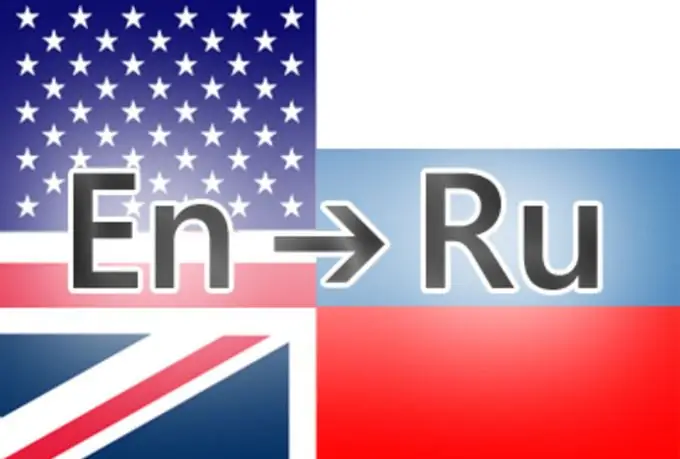Knowledge of idioms in a foreign language gives out a real connoisseur in a person. The ability to juggle with fixed expressions both in your native language and, for example, in English, will make you an interesting conversationalist. Moreover, some phrases are easy to remember, because they are identical to the Russian-language version. You just need to literally translate the idiom.

Instructions
Step 1
The idiom "Poor as a church mouse" can be literally translated into English. It turns out "As poor as a church-mouse", which expresses the extreme degree of poverty. This idiom can be found in literary works or heard in conversation.
Step 2
Even in the most difficult situation, you can see a "ray of hope". English-speaking people say so: "a ray of hope". The expression “fate smiles at someone” in the English translation is identical to the Russian “fortune smiles on / upon somebody”. The Russians say about a very distant place “at the end of the earth”. In English, this expression sounds like "at the ends of the earth".
Step 3
The stable expression "Achilles' heel", which means a vulnerable spot, translates literally: "heel of Achilles". When a person wants to become a doctor, like a grandfather, or an architect, like a dad, those around him say that he wants to "follow in someone's footsteps." English-speaking peoples are expressed in the same way: "follow in somebody's footsteps".
Step 4
There are a number of idioms in which the main characters are animals. They also often coincide in Russian and English. For example, “dark horse,” “early bird,” “proud as a peacock,” and “stubborn as a donkey,” translate respectively to “dark horse,” “early bird,” “proud as a peacock,” and “stubborn as a mule.”
Step 5
Another common idiom in both Russian and English is “to give the green light”. The expression is used in the meaning of "give permission" or "give the go-ahead." The idiom occurs in a wide variety of contexts.






